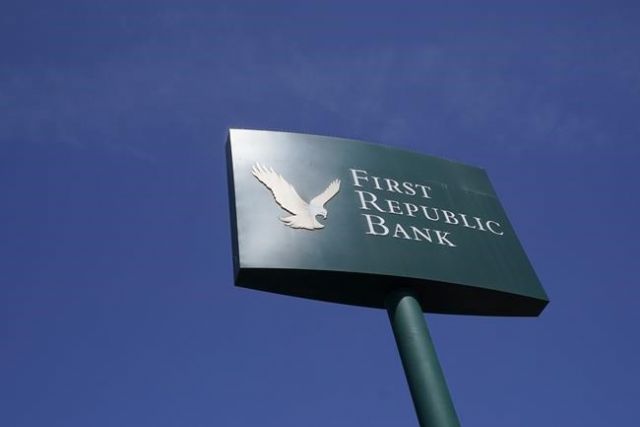
US bank First Republic has been seized by regulators, marking the second-largest bank failure in the country’s history. The San Francisco-based institution, which had been struggling since the collapse of Silicon Valley Bank and Signature Bank in March, had attracted concern from investors and depositors due to its high level of uninsured deposits and exposure to low-interest rate loans. It has now been sold to JPMorgan Chase Bank, which has taken over all deposits and the majority of its assets. Regulators said the 84 branches across eight states would reopen as branches of JPMorgan Chase Bank, with depositors retaining full access to their deposits.
First Republic was renowned for its banking franchise which catered to wealthy clients, and boasted a low rate of loan default. Its depositors, mostly affluent individuals, were uninsured, leaving them at risk of not getting all their money back in the event of a bank failure. A quarterly report from First Republic revealed that customers had withdrawn over $100bn in deposits after the failures of Silicon Valley and Signature Bank, causing the bank’s shares to plummet by 75% in a week.
JPMorgan Chase, which acquired Washington Mutual during the 2008 financial crisis, was enlisted to spearhead a $30bn funding package for First Republic last month. As part of the latest agreement, the FDIC will share losses with JPMorgan on First Republic’s loans. The bank expects to earn $500m in net income per year from the acquisition, but has projected that it will cost $2bn to integrate First Republic into its operations over the next 18 months. The FDIC has estimated that its deposit insurance fund will suffer a $13bn loss from the receivership of First Republic, while the rescue of Silicon Valley Bank cost the fund a record $20bn.
The failures of Silicon Valley Bank, Signature Bank, and now First Republic have raised concerns about the lax supervision of the banking industry by regulators such as the Federal Reserve, FDIC, and Office of Comptroller of the Currency. Critics may accuse regulators of contributing to the failures of the banks by not properly monitoring them. However, JPMorgan Chase Chairman and CEO Jamie Dimon defended his company’s actions, stating that «our government invited us and others to step up, and we did».